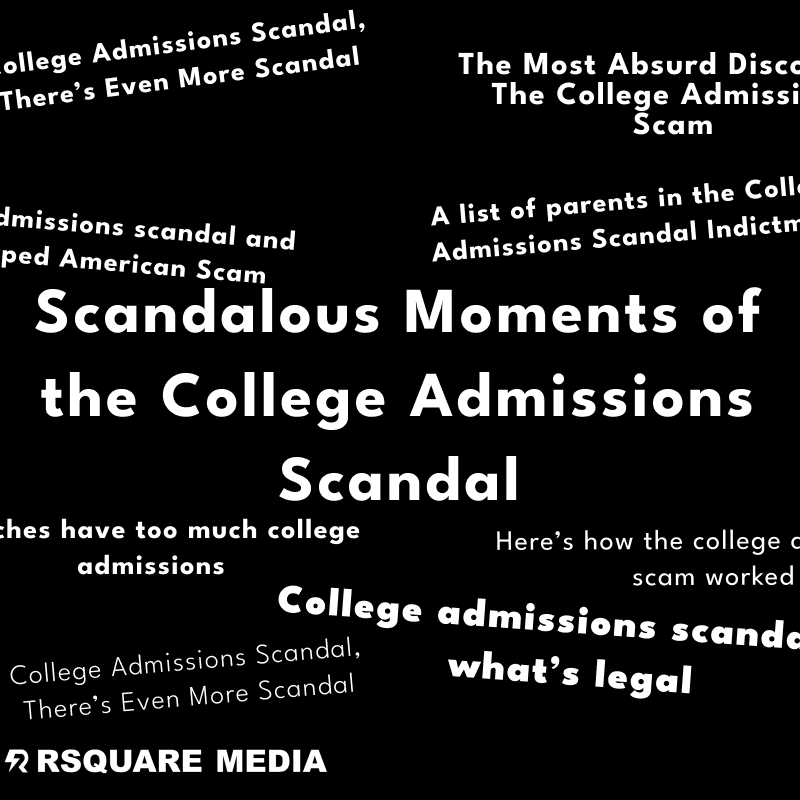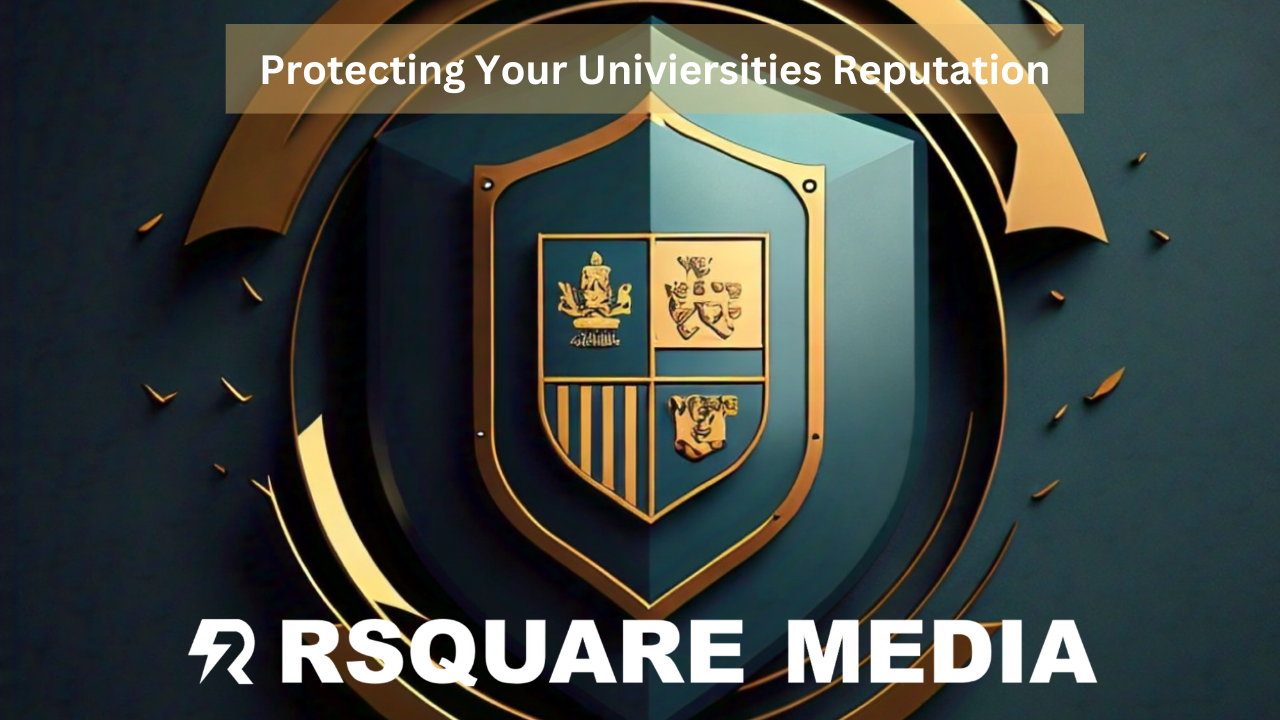In the spring of 2019, the world was shocked to learn of a massive college admissions scandal that rocked the American education system. The scandal exposed a sordid web of deceit, bribery, and entitlement, the investigation into which was later codenamed “Operation Varsity Blues.” Wealthy parents conspired with a college admissions consultant to secure coveted spots at prestigious universities for their children. This scandal shed light on the dark underbelly of college admissions and ignited a nationwide conversation about privilege, injustice and importance of online reputation management.

The scandal centered around William “Rick” Singer, a college admissions consultant who orchestrated the scheme. Singer’s modus operandi was simple but effective: he would bribe college coaches and administrators to designate his clients’ children as recruited athletes, even if they had little to no experience in the sport in question. Singer even went as far as doctoring photos to make it appear as if the students were accomplished athletes. The federal indictment of Singer also said he had bribed protectors of standardized tests, ensuring they achieved top scores, by taking said tests for them or editing any wrong answers, as was noted by CNBC.
The list of wealthy and influential individuals caught up in this scandal reads like a who’s who of Hollywood and business elites, including actresses Felicity Huffman and Lori Loughlin. These parents paid staggering sums of money, often in the hundreds of thousands of dollars, to secure their children’s spots at prestigious institutions such as Stanford, Yale, and the University of Southern California. The backlash from their part in the scandal led to Loughlin’s character being written off the show When Calls The Heart in 2019.
One of the most troubling aspects of the college admissions scandal is that it laid bare the stark inequalities that exist within the American education system. It highlighted how the wealthy can effectively buy their way into the best colleges, while deserving students from less privileged backgrounds struggle to gain admission, even with exceptional grades and accomplishments. This scandal underscored the fact that, for many, the admissions process is not a level playing field.

Furthermore, the scandal exposed the corrupting influence of money on higher education. It demonstrated how institutions, in pursuit of financial donations and other favors, were willing to compromise their integrity by admitting unqualified students. This raised serious questions about the credibility and fairness of the college admissions process and eroded trust in the system.
In response to the scandal, some changes were made. Several colleges implemented reforms to their admissions processes to increase transparency and reduce the potential for fraud. The College Board, which administers the SAT, also introduced new security measures to prevent cheating on standardized tests.
However, the broader issues of inequality and privilege in college admissions remain deeply entrenched. While the scandal sparked outrage and led to a few high-profile prosecutions, it did not fundamentally alter the landscape of higher education. The system still favors students who have access to test preparation courses, private tutors, and extracurricular activities that can be costly.
To address these underlying problems, there must be a broader societal conversation about the value we place on college admissions and the lengths to which some are willing to go to secure a spot at a prestigious institution. It’s important to recognize that success should not be measured solely by the name of one’s diploma but by the knowledge, skills, and personal growth gained during the college years.

In conclusion, the college admissions scandal of 2019 was a stark reminder of the inequalities and corruption that can exist within the American education system. It revealed the lengths to which some will go to gain an unfair advantage and the privileges that come with wealth and influence. While there have been some efforts to reform the admissions process, much work remains to create a more equitable and just system that provides opportunities for all deserving students, regardless of their socioeconomic background.
If you need help preserving your online image, want to maximize your SEO efforts, or want to seen as a thought leader, then contact Rajiv Jadhav, CEO of Rsquare Media. Get a free quote by scheduling a discovery call.

